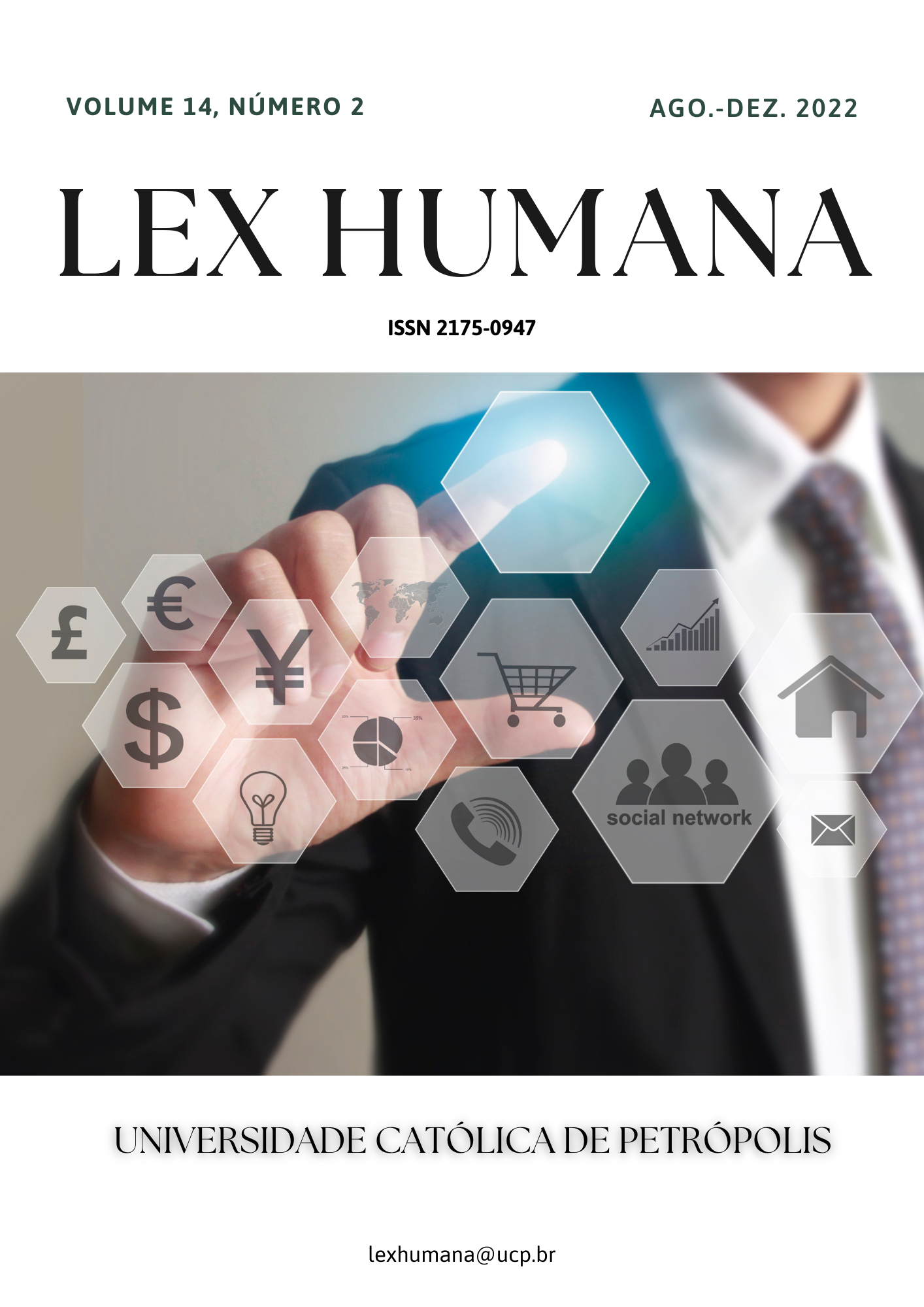Abstract
The relevance of the topic of the article is determined by the sectoral law-self-sufficiency of the key concept of this work. The purpose of the article was to interpret the meaning of the informational law and define its subject and elements. Authors used a set of methods: philosophical; logical; formal-legal and general scientific. As a result, the authors claim that Information law is an independent branch of law, as it has the following features: information legal relations are at the center of public communication; the entire regulatory framework is an information resource; all legal relations, first of all, exist and are carried out in the informational form; information law has a unique subject of legal regulation, a method and a system of unique principles. The sectoral interpretation of information law makes it possible to interpret information legislation more accurately, which is necessary for the legally competent construction of information legal relations. Interpretation of norms, as indicated in the article, is a mechanism of understanding, explanation and interpretation necessary for assessing a legal fact and solving legal problems through dialogue with participants in information legal relations.
References
Cherdantsev, A. F. (1979). Interpretation of Soviet law. Moscow, USSR: Yuridicheskaya literatura.
Cherenkova, E. E. (2006). System of law and system of legislation of the Russian Federation: Concept and ratio: abstract dis. ... candidate of legal sciences: 12.00.01. Moscow State Industrial University, Moscow, Russia.
Kainov, V. I., Semukhin, O. A., & Semukhina, E. V. (2021). Information law: Textbook. Moscow, Russia: KnoRus, 393 p.
Kopylov, V. A. (2015). Informational law: Textbook (2nd ed., reprint. and add.). Moscow, Russia: Jurist.
Kostylev, A. K. (2010). Informational law: Textbook (3rd ed., reprint. and add.). Tyumen, Russia: Tyumen state University Press.
Lapina, M. A., Revin, A. G., & Lapin, V. I. (2014). Information law: Textbook for University students studying in the specialty 021100 "Jurisprudence". Moscow, Russia: UNITY-DANA, Law and law.
Manukyan, A. G. (2006). The interpretation of the law: Types, system, limits of action: Dis. ... Cand. the faculty of law. Sciences: 12.00.01. St. Petersburg Humanitarian University of Trade Unions, St. Petersburg, Russia.
Morozova, L. A. (2010). Theory of state and law: Textbook (4th ed., revised. and add.). Moscow, Russia: Eksmo.
State Duma of the Federal Assembly of the Russian Federation. (2006). Federal Law of July 27, 2006 No. 149-FZ "On information, information technologies and information protection". http://pravo.gov.ru/proxy/ips/?docbody&nd=102108264
Vlasova, T. V. (2017). Concept and structure of the legal system: The problem of definition. Bulletin of KRSU. Legal Sciences, 17(2), 88-90.
Vorobyova, E. V. (2007). On the question of the concept of the subject of information law. Financial law, 7, 23-25.

This work is licensed under a Creative Commons Attribution-NonCommercial-NoDerivatives 4.0 International License.
Copyright (c) 2022 Lex Humana (ISSN 2175-0947)

